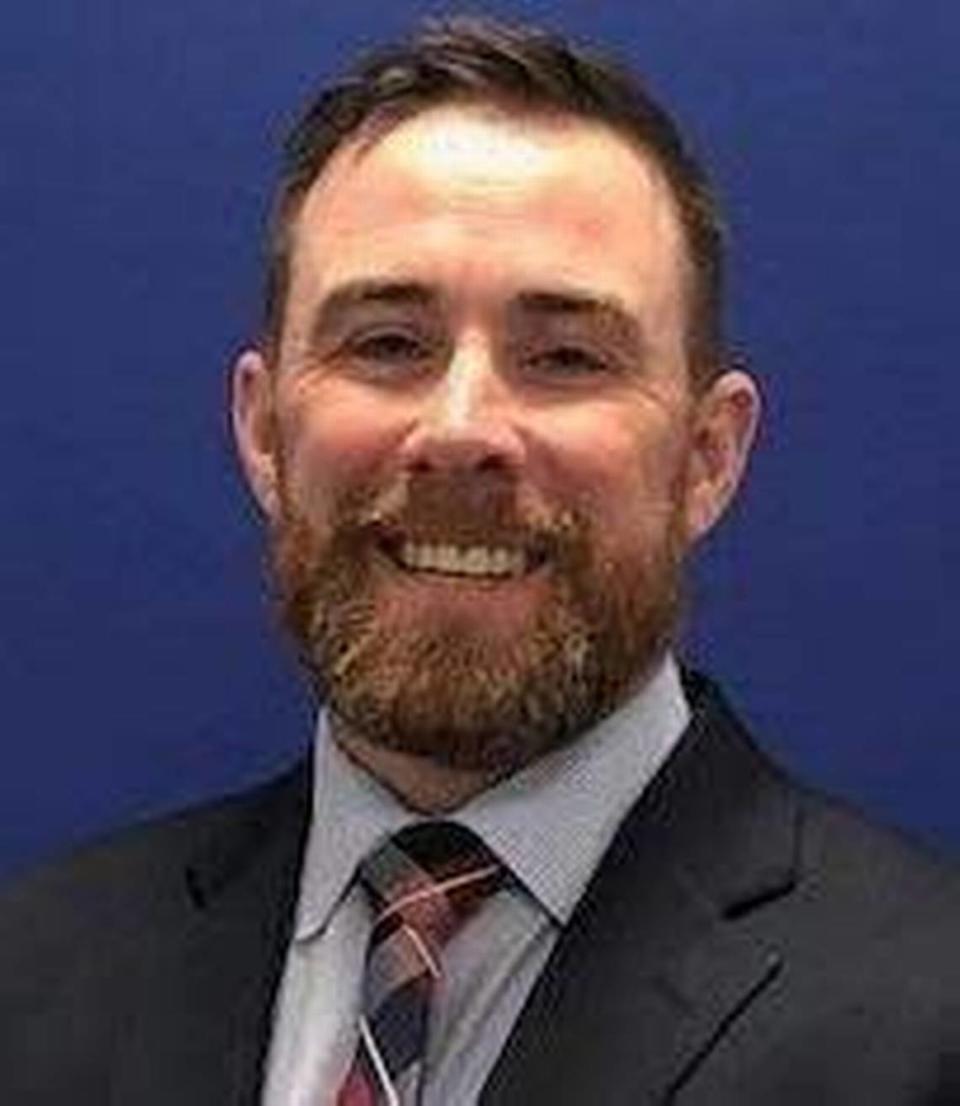Police leaders should promote apps that let officers address mental stress in private | Opinion
Police suicides hide in the shadows; rarely do their stories become public. Often, officers “die suddenly,” while few know the true cause. Miami-Dade Police Director Alfredo “Freddy” Ramirez was an exception. In July, he attempted suicide in front of his wife after being questioned by police earlier that evening following an alleged altercation. Perhaps it came to light because of his rank, his survival or interactions with police earlier that evening.
The Ramirez incident was a reminder that many in law enforcement secretly suffer from mental-health problems and struggle daily with issues like alcohol abuse, fatigue and relationship conflict. Stigma and barriers to seeking help persist, but there are promising practices that can save lives and make for healthier officers and communities.
Police officers work in an unpredictable environment — within a matter of minutes, they can go from doing mundane paperwork to witnessing trauma and placing themselves in harm’s way. Shift work, mandatory overtime and secondary employment add to the myriad occupational stressors.
Law enforcement faces increased public scrutiny, further straining the workforce. It is no surprise that police work takes a severe physical and mental toll on officers. Police suicide continues to be a leading cause of death among them. In 2022, at least 160 law enforcement officials in the United States died by suicide, exceeding the number of line-of-duty deaths from gunfire and automobile crashes combined.
Policymakers are taking notice. This year alone, 233 bills have been filed in 39 states that seek to improve officer safety and well-being. A national law enforcement suicide data collection effort was finally created in 2022. Research and professional organizations continue to focus on officer well-being.
However, limited access to services remains a barrier to law enforcement officers getting the help they need. Even when access is readily available, there is a lingering stigma to obtaining mental healthcare in law-enforcement communities. Officers fear being seen as weak and do not trust that their confidentiality will be maintained. They worry about the impact on their career, fearing they might lose their gun or be put on light duty.
It is necessary to break down stigma and change police culture, but this takes time. We need to take concrete actions to improve police wellness right now. Efforts like mobile wellness apps provide an immediate potential solution to this problem.
A recent Department of Justice report found there were at least nine mobile wellness apps available for law enforcement. They provide 24/7 access to a wide range of mental and physical health resources in a confidential format that officers can access anywhere. In addition to educational resources provided within an app, some offer officers the ability to find a therapist; others offer direct peer support.
While mobile apps cannot — and should not — solve all law-enforcement health and wellness issues, they have several potential advantages. First, they can provide access to a wide range of physical and mental health resources, reflecting the breadth of challenges facing law enforcement. They are potentially cost-effective for agencies with limited resources that cannot provide the full range of services officers need. They also enable officers to confidentially access resources wherever they feel most comfortable. This may break down a traditional barrier to seeking help. Mobile apps are available 24/7 in devices most people have, therefore, various support tools, assessments and direct support are close at hand.
Police departments around the country have taken notice. In 2023, Washington state launched a statewide initiative to provide all law-enforcement officers and their families with access to a mobile wellness app. Several other departments across the country have announced similar initiatives.
As more agencies adopt this technology, evaluation will be critical. Unfortunately, it’s an often-missing component of well-meaning programs, especially in policing. But without research, it is impossible to know what works. Even seemingly beneficial programs may be ineffective or even harmful.
Understanding what works to improve officer wellness is imperative for public safety. Police cannot perform at their best when they are physically, mentally and emotionally depleted. Police burnout recently was linked to poor performance and intentions to quit. With police recruitment in a prolonged crisis, agencies should focus on providing officers with the wellness resources they need so they can best serve their communities.
Most important, officers and their families deserve mental health and wellness support. We may not be able to avoid all police suicides, but we owe it to officers and their families to make every effort to try.
Richard H. Donohue is a policy researcher and Jill Portnoy Donaghy is a criminologist at the nonprofit, nonpartisan RAND Corporation.



